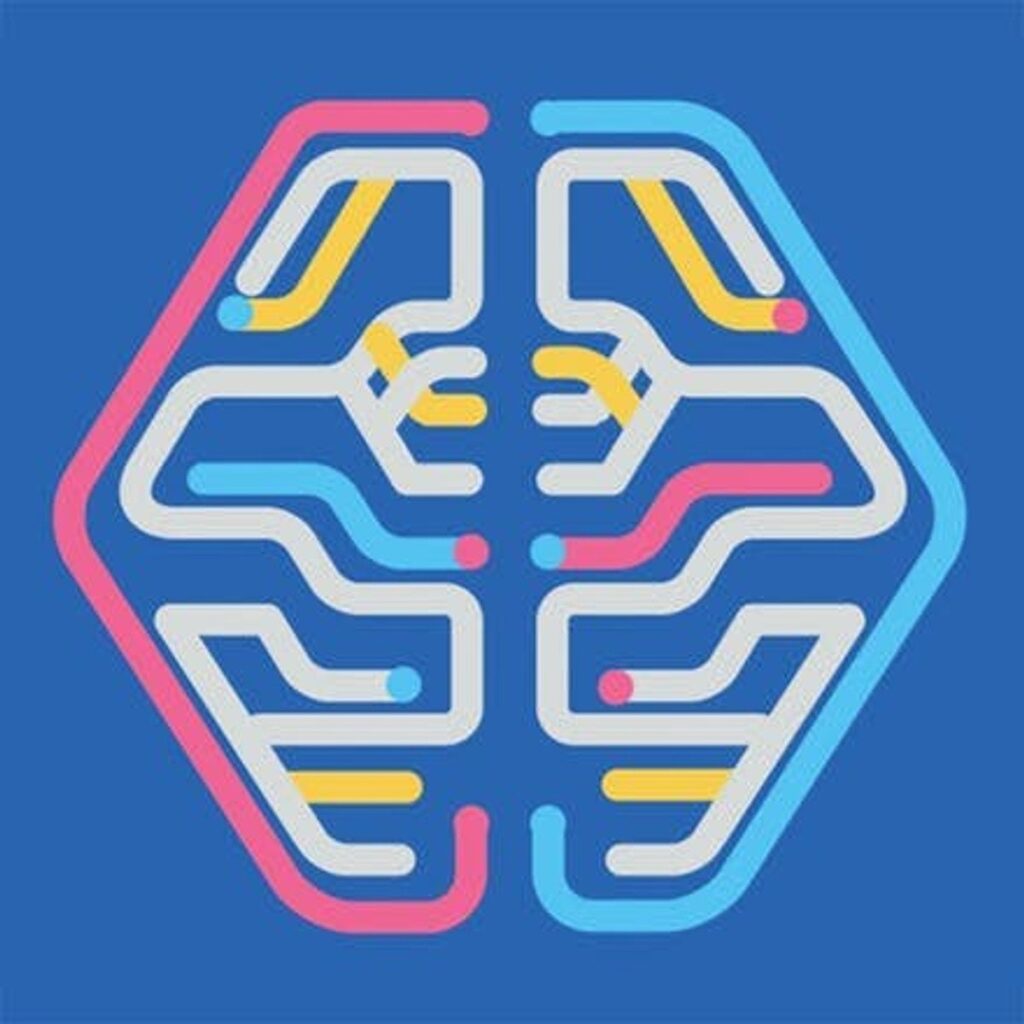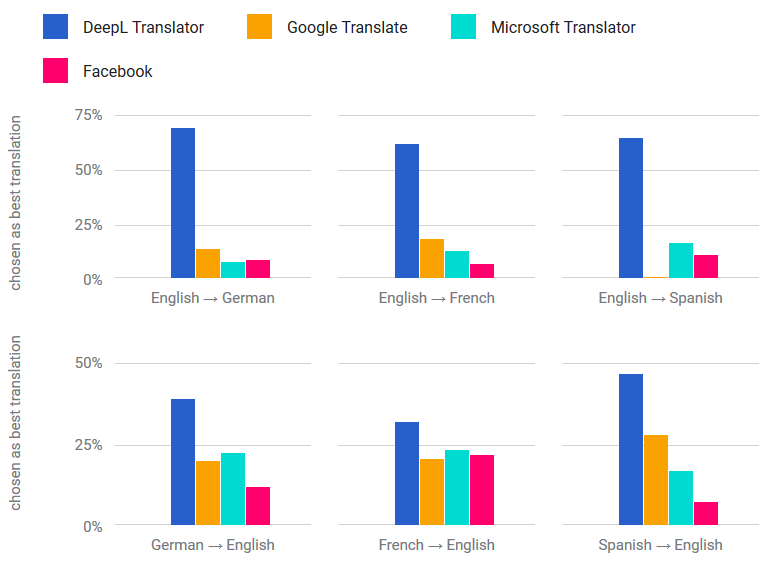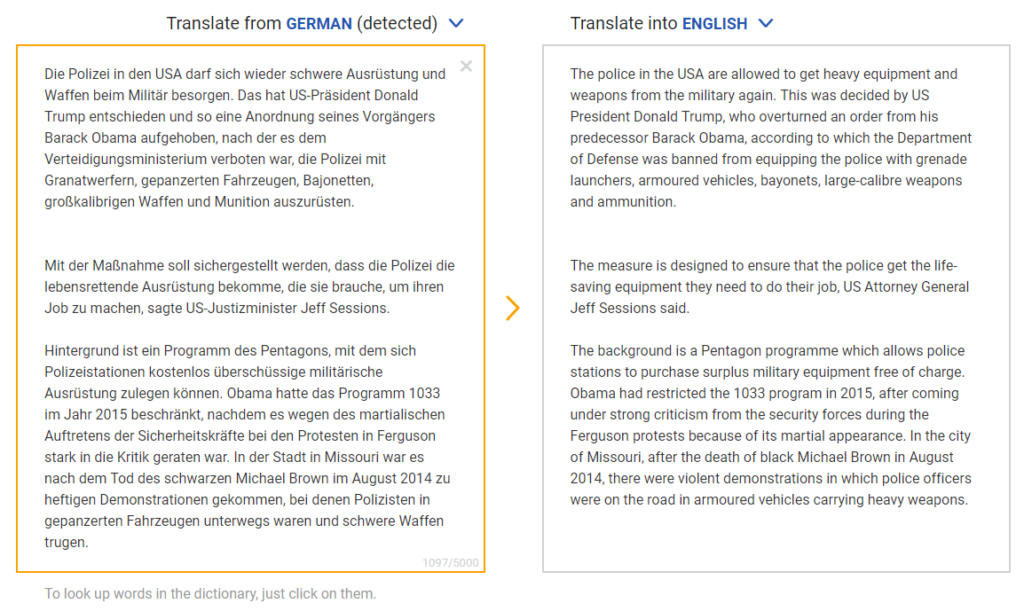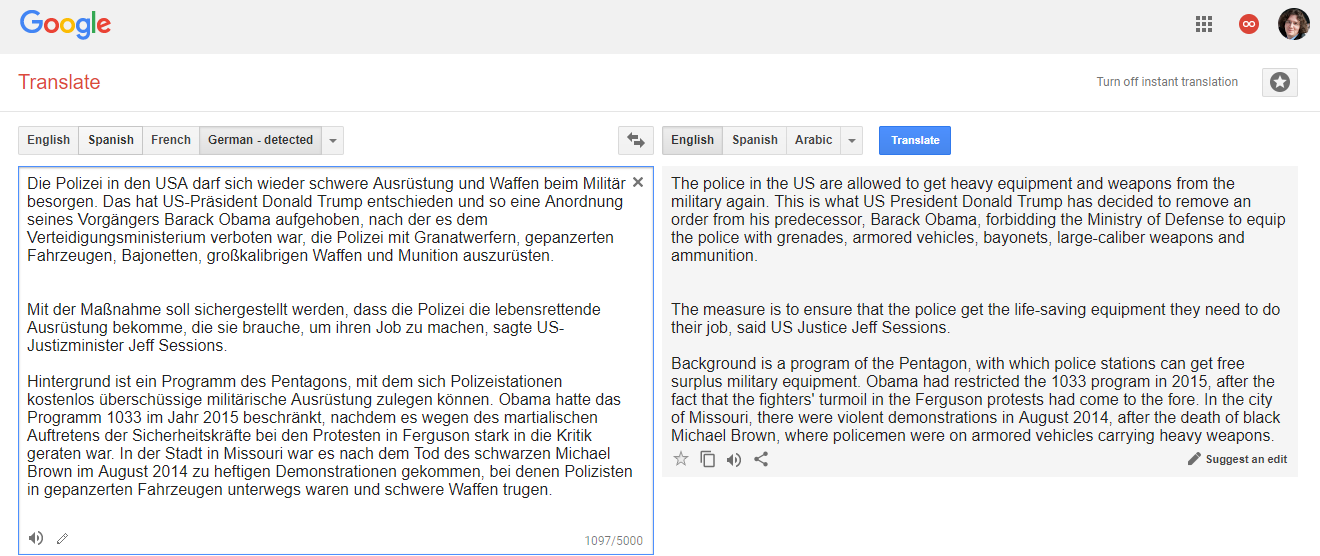
When you’re trying to pick up a new skill, the hardest part is knowing where to start. There are so many resources out there – tutorials, courses, books, video series – that figuring out a logical path to expertise can seem downright impossible. No wonder so many New Year’s resolutions to learn to code or speak Spanish end up falling by the wayside. But now, two of the biggest names in online education, Google and Coursera, are teaming up to help solve this problem. They’ve joined forces with an Al startup called Lutra to develop “workflow learning” – personalized step-by-step lesson plans that guide you through the complex process of gaining a new competence. If this ambitious initiative lives up to its promise, your days of haphazardly cobbling together tutorials may soon be over. Workflow learning aims to do for skills acquisition what GPS did for navigation – plot the most efficient course so you can stop worrying about the journey and start enjoying the destination.
Google and Coursera’s New Partnership Signals a Shift Towards Workflow Learning
Google and Coursera want to make virtual collaboration as mindless as possible. Their new partnership means your workflows may soon run on autopilot.
Instead of manually coordinating with your team, intelligent software will handle the scheduling, task management and project oversight for you. ###No more chasing down updates or figuring out who’s supposed to do what. The Al overlords have it covered.
How exactly? Coursera’s online courses will now feature Google Spaces, a “digital workspace” where teams can organize work, share files, and assign responsibilities. The Spaces integrate with Google’s productivity tools like Docs, Sheets and Slides so you can collaborate in real time without changing tabs.
The goal is “workflow learning” – picking up teamwork skills through hands-on experience, not just lectures. Students in Coursera’s project management certificate program will use Spaces to complete group assignments, getting a feel for organizing sprints, delegating tasks and streamlining handoffs.
For companies, it means cultivating T-shaped employees with both broad knowledge and specialized expertise. And for you, it means less time spent coordinating with your team and more time focused on the work itself. The robots have your back.
So go ahead, give in to the machines. They just want to make your life easier, increase your productivity, and ensure your team’s success. What could possibly go wrong?
How Lutra.ai Fits Into Google and Coursera’s Workflow Learning Approach
Google and Coursera see dollar signs in your daily workflows. With their new partnership and Lutra ai acquisition, they want to turn your routine tasks into big data and monetize your productivity
Have a spreadsheet you update each morning? They’ll track how long it takes and serve up “personalized tips” to shave off seconds. Respond to lots of emails? They’ll analyze your replies and suggest “optimized responses” to save you time. Talk about a dystopian future where Al monitors your every move under the guise of “helping.”
Sure, increased efficiency sounds great in theory. But do we really want companies logging our every click and keystroke? Talk about privacy concerns. And you just know those “personalized tips” will include “convenient” links to purchase additional Google and Coursera products and services.
While the companies frame their workflow learning approach as empowering, it reeks of data harvesting. The more tasks you complete through their platforms, the more they’ll know about your work habits, preferences and behaviors. They’ll pitch it as “customized experiences,” but really it’s customized exploitation.
No thanks, I’ll stick to managing my own workflows and productivity, Google and Coursera. I don’t need your greedy algorithms all up in my business telling me the “optimal” way to do my job. Some things are better left unoptimized and imperfectly human. Your move, Silicon Valley. Checkmate!
The Potential Impact of Workflow Learning on Employee Skilling and Reskilling
So Google and Coursera want to teach you new tricks, do they? Well isn’t that special. Apparently, these Silicon Valley savants have decided that “workflow learning“—training you on the job through Al-powered software is the next big thing-
As if we don’t have enough to do already, now the big brains want to “optimize our productivity” by interrupting us with “micro lessons” while we work. Because there’s nothing more engaging than pop-up windows when you’re trying to get stuff done, amirite?
Okay, maybe we’re being a bit harsh. This newfangled workflow learning could actually help in a few ways
- No more wasted time in useless meetings or tacky team-building exercises.
Micro-lessons mean micro-commitments of your time. - Al that actually knows what you need to learn. The all-seeing algorithms will track what skills you use and suggest training to fill in the gaps.
- Practice makes perfect. Doing short lessons while working helps reinforce what you’re learning through repetition and real-world application.
The Downside
Of course, there are some potential downsides to consider with this approach:
- Distraction overload. Pop-up lessons popping up could seriously disrupt your flow and focus.
- Privacy concerns. Do you really want Al monitoring that closely what you do all day? Big Tech is already way too nosy.
- Deskilling effect. If Al is spoon-feeding you “just-in-time” skills, will you still work to develop expertise and mastery in your field?
While the promise of workflow learning is intriguing, it may end up causing more problems than it solves. The road to workplace hell, after all, is paved with good intentions. But if done right, it could upskill and empower us in valuable ways. The jury’s still out on this one, folks.
Conclusion
So there you have it, folks, why the tech giants are doubling down on this new frontier of workflow learning. While the notion of Al systems that can dynamically generate personalized learning paths for you may seem a bit creepy or overhyped, don’t dismiss it just yet. After all, we now live in a world where algorithms know our tastes and habits better than we know them ourselves. Rather than railing against the machines, you might as well hop on the workflow learning bandwagon. Let the bots do their thing and guide you to upskill more efficiently. Before you know it, you’ll be acquiring new superpowers at warp speed and wondering how you ever learned without the help of your trusty Al sidekick. The future is here, and Its tailored just for you.
Links worth visiting:
Every single Machine Learning course on the internet, ranked by your reviews
How Does Learning In The Flow Of Work Support Employee Development?
The Future of Learning: It’s in the Flow
Sources:
The article was written using hypotenuse.ai and is based on a TechCrunch article.




